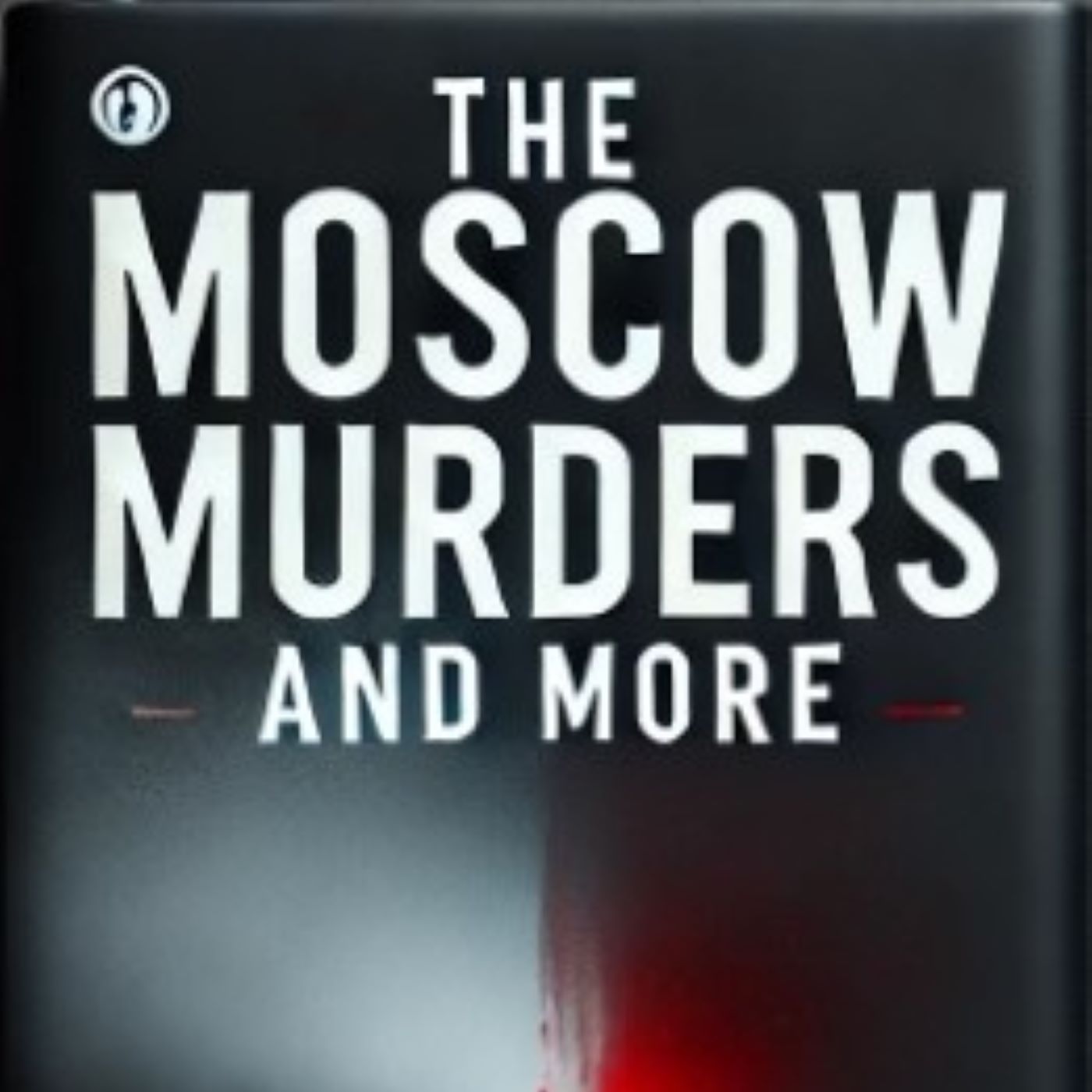The Yogurt Shop Murders /// Part 1 /// 866
HBO Docu-Series Yogurt Shop Murders Analysis: Revisiting a 1991 Austin Cold Case
The new HBO four-part documentary revisits the 1991 Yogurt Shop murders in Austin, a case that shook a city and remained unresolved for decades. The series re-examines investigative decisions, contested confessions, forensic obstacles, and the community trauma that turned this crime into a lasting cultural marker for Austin residents.
How Fire and Water Destroyed Crime Scene Evidence
The episode titled "Fire and Water" emphasizes how the crime scene was compromised before evidence collection could be completed. An intense localized blaze melted stainless steel shelving, burst PVC plumbing, and allowed water to cascade through the back of the store, washing away potential clues. Firefighters arriving to douse flames further disturbed the scene, complicating later forensic analysis.
False Confessions and Interrogation Tactics Examined
The documentary contrasts two investigative styles: evidence-driven detective work versus aggressive confession-focused interrogation. Interviews and archival recordings show how early statements, retractions, and coached admissions influenced public perception and investigative leads. The series examines the role of a high-ranking detective accused of eliciting false confessions and the consequences for case direction.
Forensic Leads, Ballistics, and DNA Obstacles in a Contaminated Scene
Forensic challenges dominate the narrative. Two different firearms—a .22 caliber and a .380 pistol—appear to have been used, yet neither murder weapon was ever conclusively matched. Ballistics tests on a recovered gun returned negative matches, and intense heat plus water exposure degraded bullet evidence. The docuseries highlights how early DNA collection efforts were nevertheless critical to preserving what remained of the physical record.
Why This Case Remains Important: Community Memory and Investigative Lessons
Beyond evidence, the documentary explores Austin’s collective trauma and how the murders reshaped local perceptions of safety. It also offers practical lessons for investigators and armchair detectives: preserve scenes when possible, treat recorded conversations carefully, and weigh the totality of circumstantial leads rather than dismissing them as singular anomalies.
- Key investigative moments covered: early mall arrest, mic'd conversations, ballistics testing, and the creek disposal theory.
- Human impact: interviews with family, managers, and detectives reveal grieving, ethical struggles, and procedural debates.
Key points
- Examine how fire and burst PVC pipes compromised critical crime scene evidence within hours.
- Treat recorded mic conversations and wiretap evidence as decisive but context-dependent investigative tools.
- Understand how two different firearms (.22 and .380) complicated ballistics matching in burned crime scenes.
- Investigate immediate waterways and creeks for discarded weapons after crimes near flood-prone areas.
- Weigh cumulative circumstantial leads instead of dismissing non-matching ballistics as conclusive exoneration.
- Prioritize timely DNA and trace evidence collection even when fire and water have already damaged a scene.
- Scrutinize interrogation methods and alleged manufactured confessions to prevent wrongful investigative closures.
FAQ
What is the HBO Yogurt Shop docuseries about?
The HBO series revisits the 1991 Austin Yogurt Shop murders, examining evidence, interrogations, and community impact over four episodes.
Why was the crime scene especially difficult to investigate?
A focused fire melted shelving and burst PVC plumbing, flooding the back room and washing away fingerprints, fluids, and trace evidence.
Did forensic ballistics identify the murder weapons?
Ballistics tests on a recovered gun were negative and the .380 weapon was never located, complicated by heat-damaged bullets.
How did alleged false confessions affect the investigation?
Aggressive interrogation tactics led to contested admissions that diverted resources, prompting scrutiny of interrogation methods and investigator roles.




